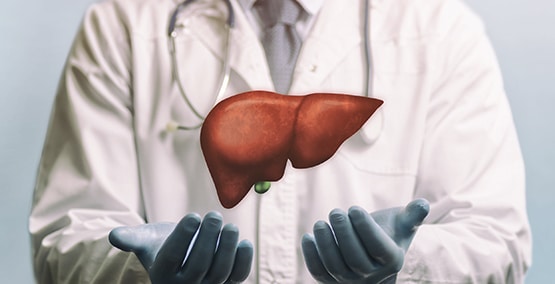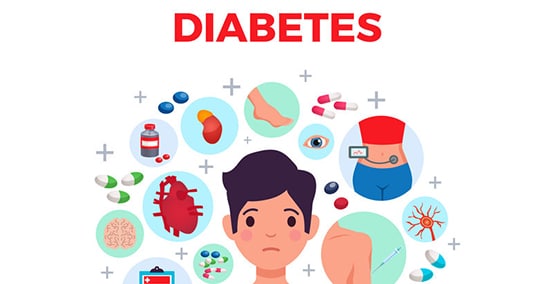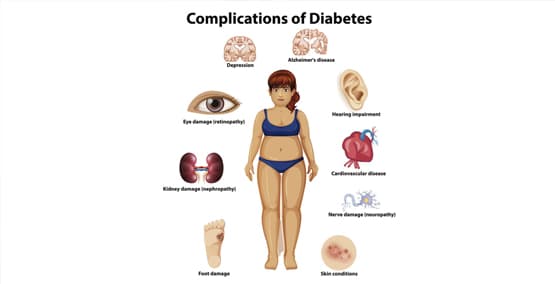
Diet makes a difference in cystic fibrosis
The calories, fluids, salt, vitamins, and enzymes needed in CF
-
Most people with cystic fibrosis (CF) usually have pancreas and intestinal problems that cause poor digestion and nutrition issues. One of the important goals in CF is to correct the digestive functions that aren't working well and to supply the extra nutrition needed.
For most people, this includes providing
- A nutritious diet high in calories to keep up with the extra calories used for breathing and for growth and weight gain. Additional protein and fat are needed because they are only partly absorbed. Extra salt is needed to make up for the losses in mucus and sweat.
- Adequate fluids are needed to replace what's lost from the extra work of breathing. Fluids high in salt will help thin the mucus.
- Pancreatic enzyme replacement therapy (PERT) replaces the natural enzymes that can't pass through the blocked pancreatic duct to the intestine. These enzymes digest carbohydrates, proteins and fats in the foods we eat. Enzymes should be taken at the beginning of each meal and snack. However, some foods and drinks do not require enzymes when they contain only sugars which are easy to digest. These foods include fruits, fruit snacks, juice, soft drinks, plain tea and coffee.
- Vitamin supplements are needed to balance the fat soluble vitamins A, D, E, and K that are not well absorbed. PERT helps with absorption but additional vitamins are recommended. These vitamins should be given in a water-soluble pill or liquid so that they can be absorbed easier.




